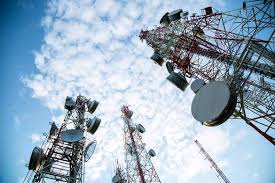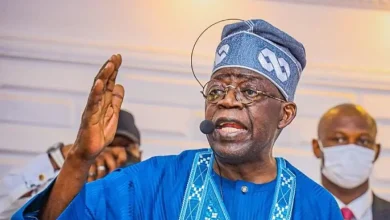
Barely 48 hours after Multichoice alerted subscribers to a three-day technical downtime, telecommunication companies have expressed concern over possible connectivity disruptions as construction advances on the 700km Lagos-Calabar Coastal Highway.
While the DStv and GOtv owner acknowledged the anticipated impact of the ongoing Lagos-Calabar construction project on their uplink facilities, telcos on Sunday expressed broader concerns emphasising the vital role of telecommunication service and the effect of possible anticipated technical disruption.
The Lagos-Calabar coastal highway corridor serves as a crucial landing point for multiple submarine cables connecting Nigeria to Europe
The cables, including the West Africa Cable System (WACS), MainOne, Glo1, ACE, and NCSCS, are vital for international communications and data transmission in the country.
The Federal Executive Council approved Phase One of the ambitious 700-km Lagos-Calabar coastal highway project in February, entrusting the task to Hitech Construction Company Limited.
The highway project was designed to connect Lagos to Cross River, passing through the coastal states of Ogun, Ondo, Delta, Edo Bayelsa, Rivers, and Akwa Ibom, before culminating in Cross River.
Meanwhile, the demolition of numerous properties and recreational centres in Lagos has been carried out to expedite the construction of the highway.
In light of the developments, telcos stressed the necessity of stakeholder consultations with the Ministry of Works to address potential risks and implement robust mitigation measures.
While dialogue with the Federal Government is yet to happen, telcos have warned Hitech Construction to exercise caution to prevent damage to critical national infrastructure.
Speaking with newsmen the Chairman of the Association of Licensed Telecom Operators of Nigeria (ALTON), Gbenga Adebayo, confirmed that the Ministry of Works had yet to engage the telcos on environmental impact assessment.
The ALTON chairman said the Ministry of Works, headed by David Umahi, had engaged some stakeholders but excluded the telecom operators.





